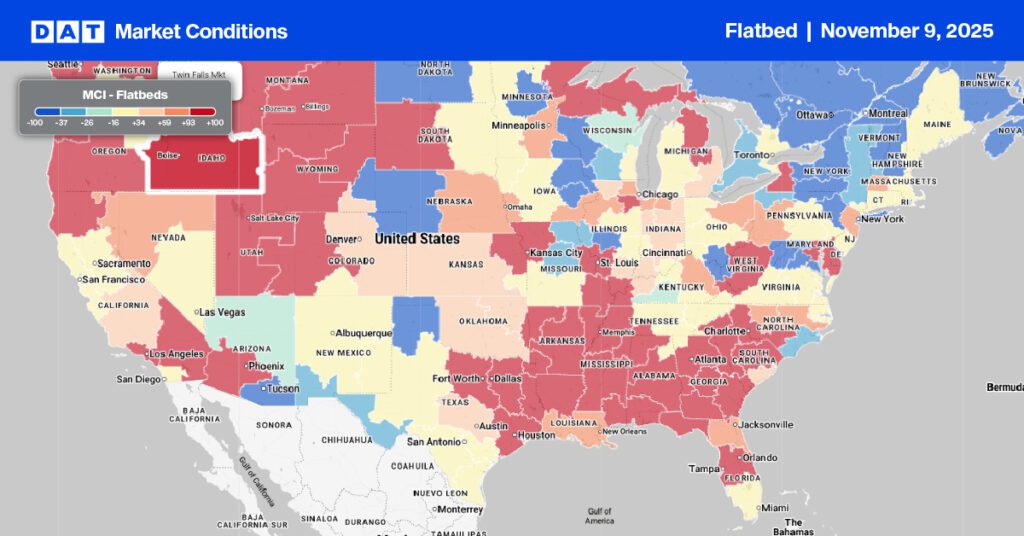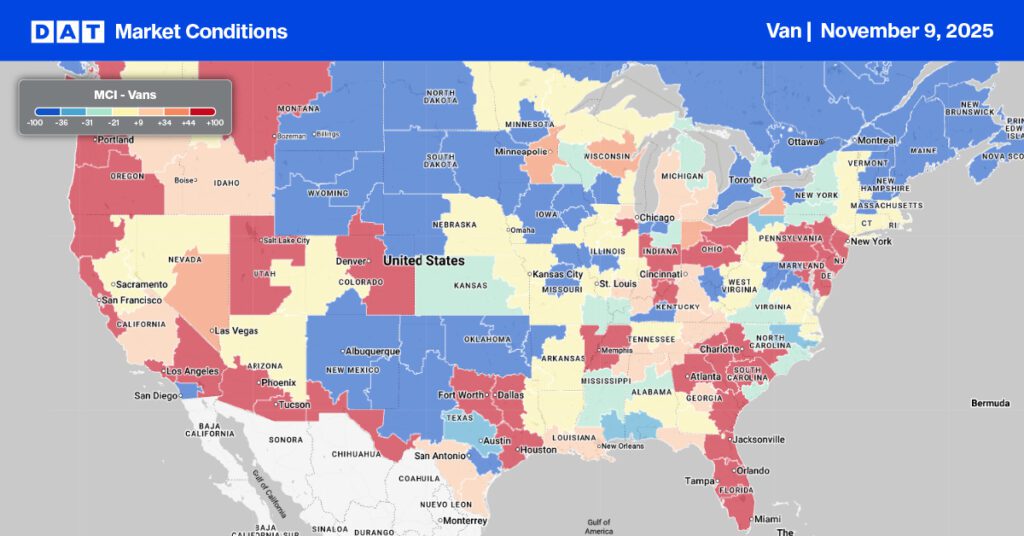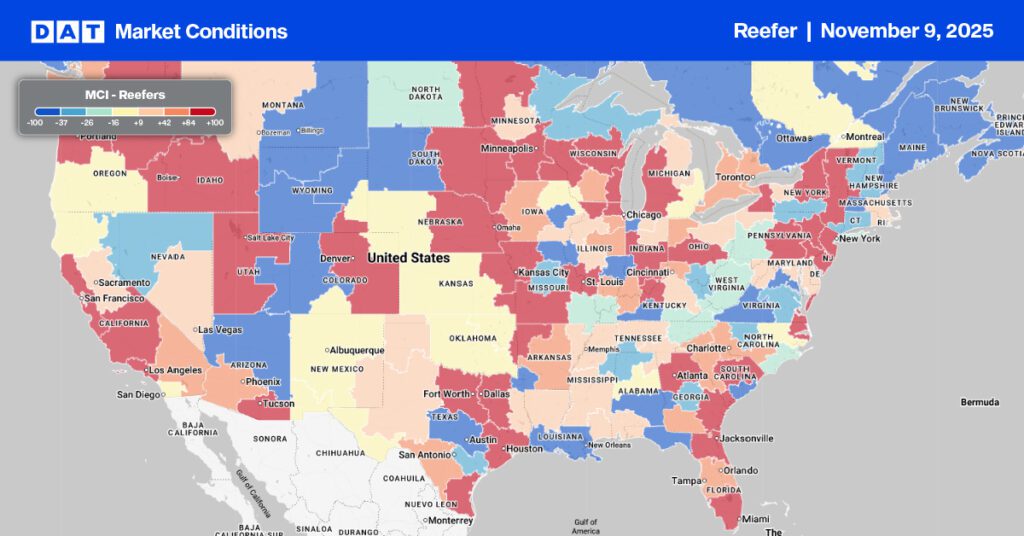There’s a perception that trucking companies just need higher rates in order to be profitable. No doubt, rates are part of the equation. However, while revenue quantity is important to your margin, revenue quality can count for more. There are lots of ways to define revenue “quality.” Here are four opportunities to earn more without — or in addition to — a healthy rate increase:
1. Rate Structure: Are there better ways to express your rate than by the mile or by the pound? Consider other units of measure that make sense for the freight you haul, like a unit price per cube or skid. If you operate 48-foot trailers and not 53’s, or tridems instead of tandems, pricing by the appropriate weight or cube measure for the freight you’re hauling could effectively allow you to adjust the trip revenue.
2. Empty Miles: You only get paid for loaded miles, so minimize the repositioning miles when you secure a backhaul. This sounds simplistic, but there’s too much lip service paid to the issue: “Oh, it’s covered in the head-haul rate,” or “That’s okay, it’s not that far.” A rule of thumb (but please, do your own math) is that 10% empty miles costs you 10% of your revenue. If you want the equivalent of a 5% rate increase and can’t get it, find freight with 5% fewer repositioning miles. You’ll accomplish the same thing. Better yet, use your load board to build triangular or “trihaul” routes that build margins and boost loaded miles.
3. Equipment: Would you be more productive with differently configured equipment? If you can’t or don’t want to acquire new equipment, consider leasing trailers that are better spec’d to the needs of your customers.
4. Accessorial Charges: If you perform an extra service, charge for it. Demurrage, pallet returns, special service, schedules — many carriers charge for more than just detention times or freight handling fees. And both ends of the load — the shipper and the consignee — can participate in your revenue generation.
What’s your best idea to improve revenue quality?


